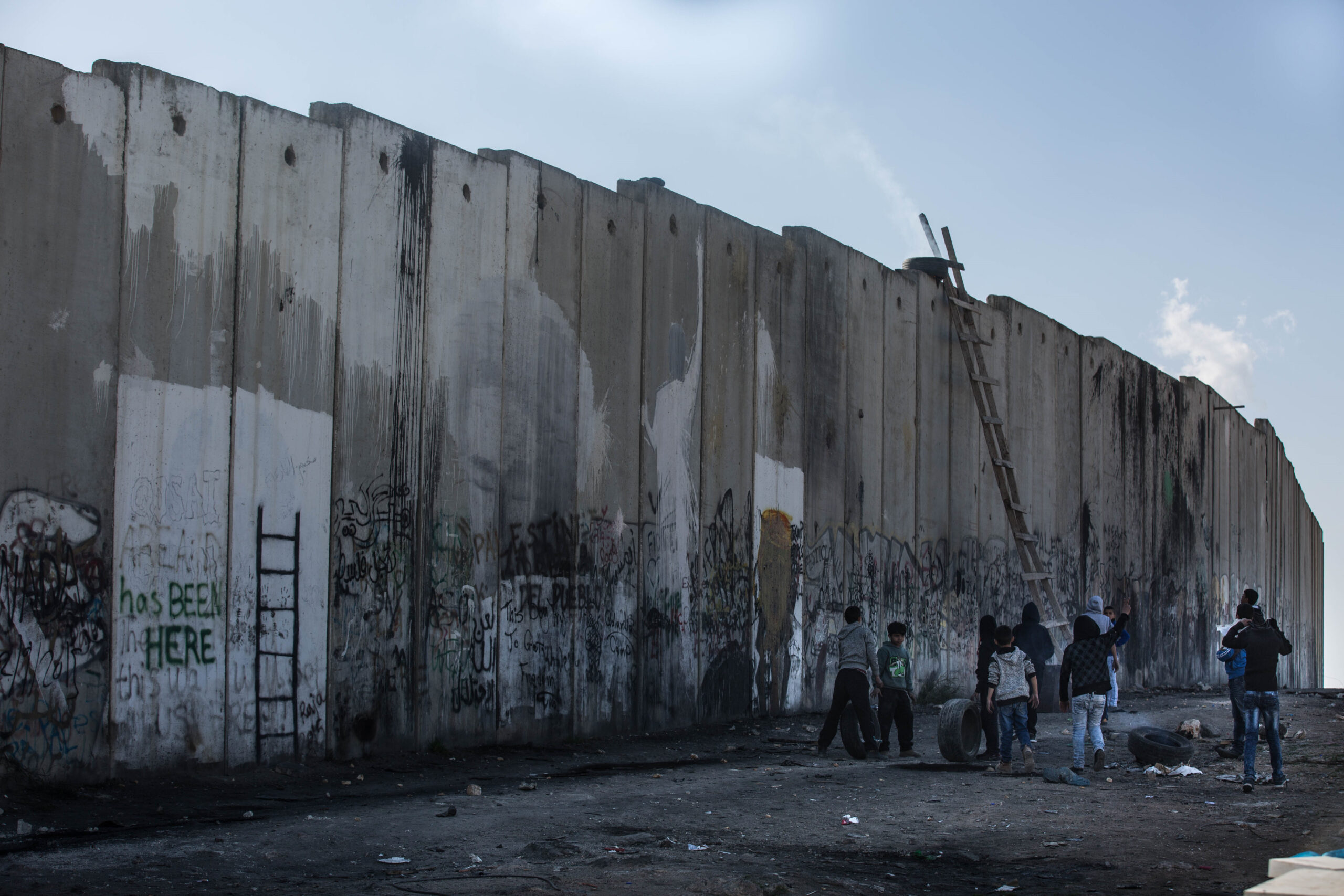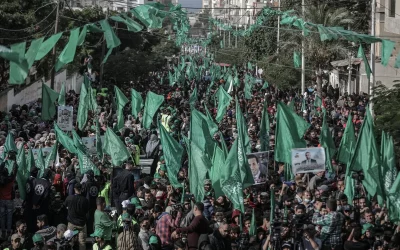The Occupied Palestinian Territory (OPT) is a term that refers to the West Bank, including East Jerusalem, and the Gaza Strip. These territories have been militarily occupied by Israel since the 1967 Arab-Israeli War.1 The term refers to “Territory” in the singular in order to point to its contiguous nature. According to Article 42 of the 1907 Hague Conventions, a territory is considered to be under military occupation when a foreign country’s armed forces are in control of and can exercise power over the territory.2 The occupying power exercises “some kind of coercive control or authority over inhabited territory outside the accepted international frontiers of the state.”3 In conditions like this, international laws of occupation are enacted. Amongst other bodies and international organisations, the United Nations (UN), European Union (EU) and International Court of Justice (ICJ) have all come to use this designation. The United States, however, under the Trump administration, has dropped the use of “occupied” to describe the territories, including in State Department reports, suggesting a de facto recognition of the legitimacy of Israeli control over them.4
Following the according of observer status to the State of Palestine in the United Nations in 2012, it was agreed by the UN that OPT could continue to be used to refer to the West Bank, including East Jerusalem, and the Gaza Strip, in order to make clear its continuing designation and status as occupied.
Although international law protects civilians living in occupied territory from inhumane treatment, violence, and discrimination, Palestinians living in the OPT regularly face these conditions and violations of their human rights.5

 Hamas
Hamas  Palestinian Citizens of Israel
Palestinian Citizens of Israel  Second Intifada
Second Intifada